Project ERP, or Enterprise Resource Planning, is a software system designed to help businesses manage complex projects. Unlike traditional ERP systems that focus on managing an entire business operation, Project ERP provides a set of specialized tools to plan, execute, and monitor individual projects.
With Project ERP, businesses can manage project-related tasks, resources, and financials in a streamlined and integrated way. By bringing together all the aspects of project management, from planning to execution and delivery, Project ERP helps businesses optimize project performance, reduce costs, and increase profitability.
In the following sections, we'll take a closer look at the key features of Project ERP, the advantages it offers, and the factors to consider when choosing a Project ERP solution for your business.
Project Based ERP Software
Netsuite
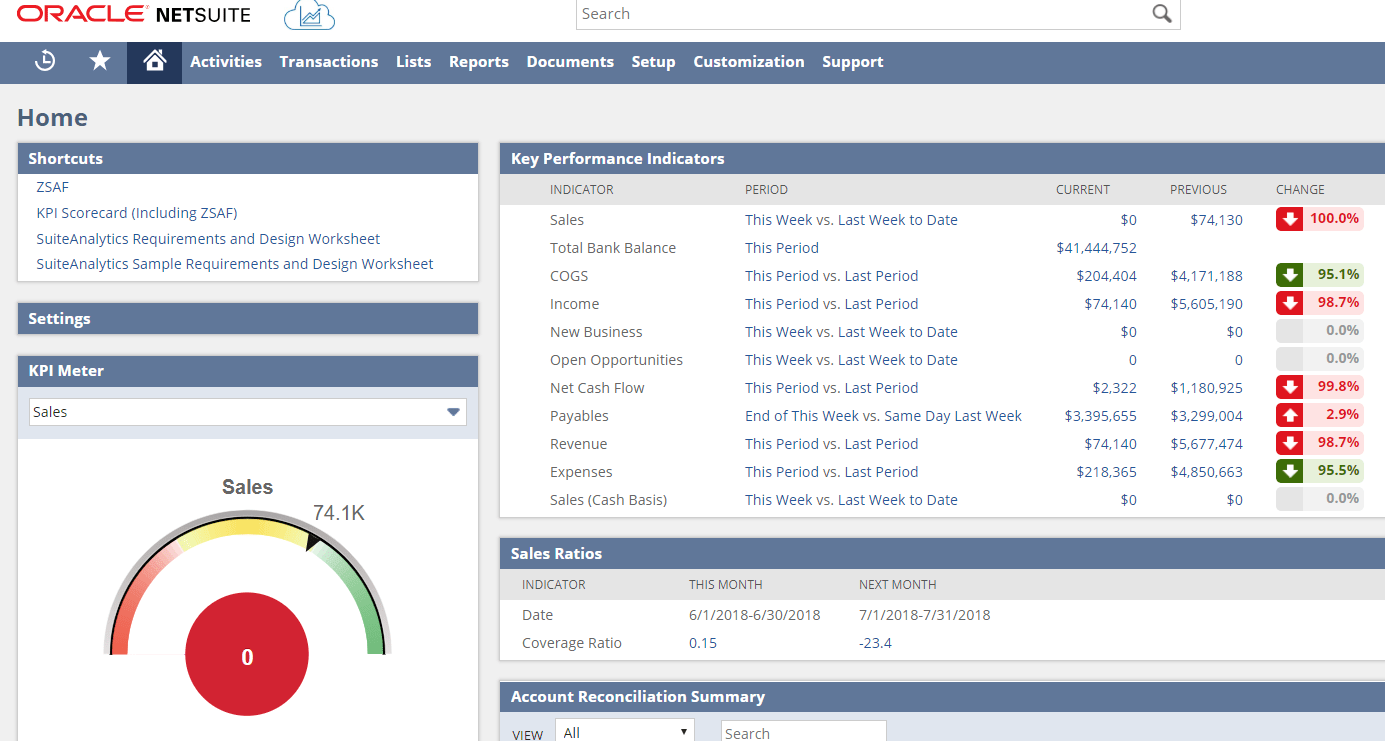
Netsuite's project management module provides businesses with tools for project planning, resource allocation, and project tracking. It also includes features for project billing and invoicing, so businesses can easily track project costs and bill clients accurately. In addition, Netsuite's project management module integrates with other parts of the Netsuite ERP system, such as financial management and inventory management, making it easier for businesses to manage all aspects of their operations in one place.
Read our full Netsuite Guide >>>
SAP Business One
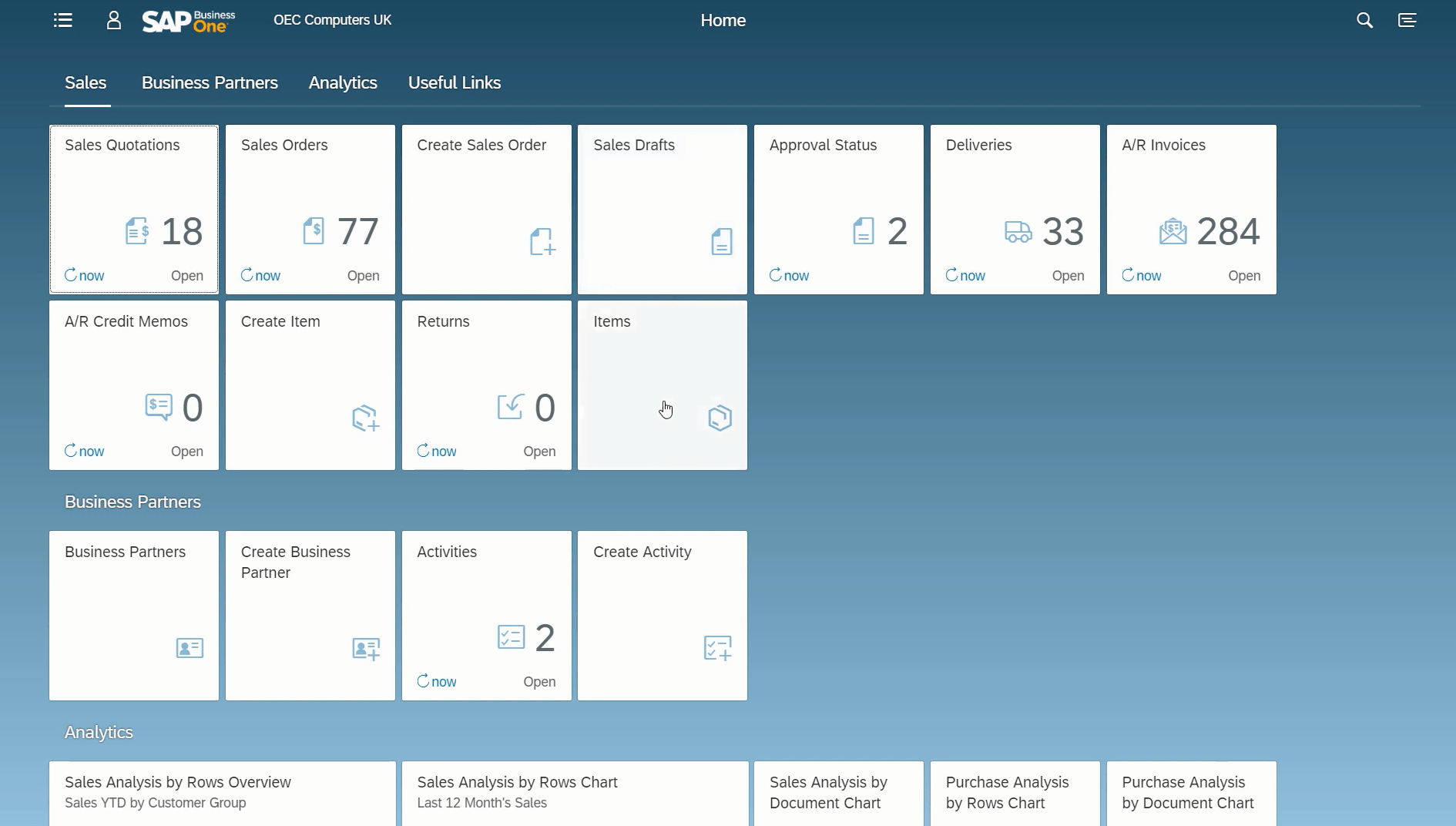
SAP Business One's project management module provides businesses with tools for project planning, resource management, and project tracking. It also includes features for project budgeting and costing, so businesses can easily monitor project costs and stay within budget. In addition, SAP Business One's project management module integrates with other parts of the SAP Business One ERP system, such as financial management and customer relationship management, making it easier for businesses to manage all aspects of their operations in one place.
Read our full SAP Business One Guide >>>
Acumatica
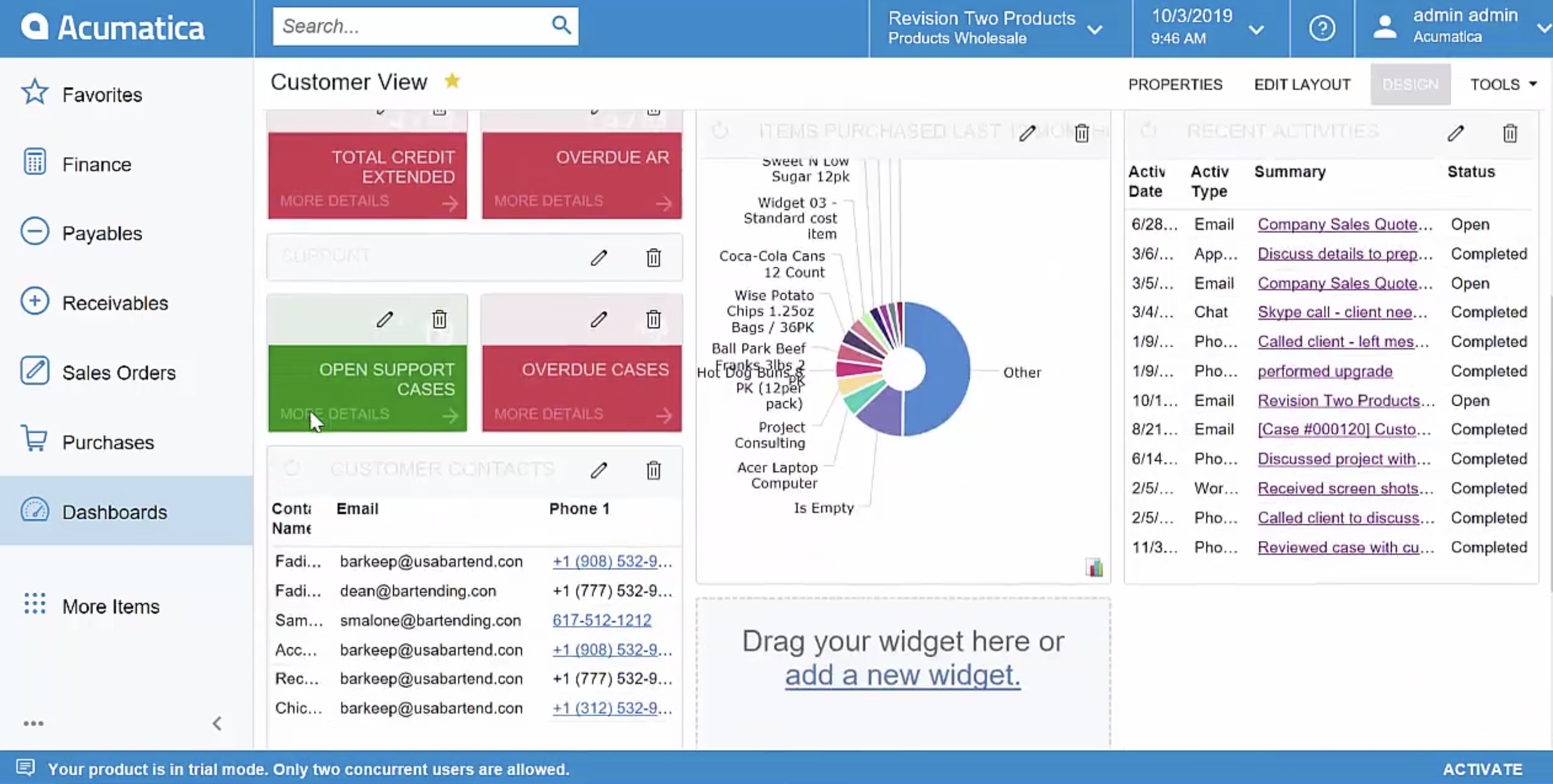
Acumatica's project accounting module provides businesses with tools for project budgeting, project costing, and project billing. It also includes features for resource management, so businesses can easily allocate resources to specific projects and track resource usage over time. In addition, Acumatica's project accounting module integrates with other parts of the Acumatica ERP system, such as financial management and inventory management, making it easier for businesses to manage all aspects of their operations in one place.
Workday
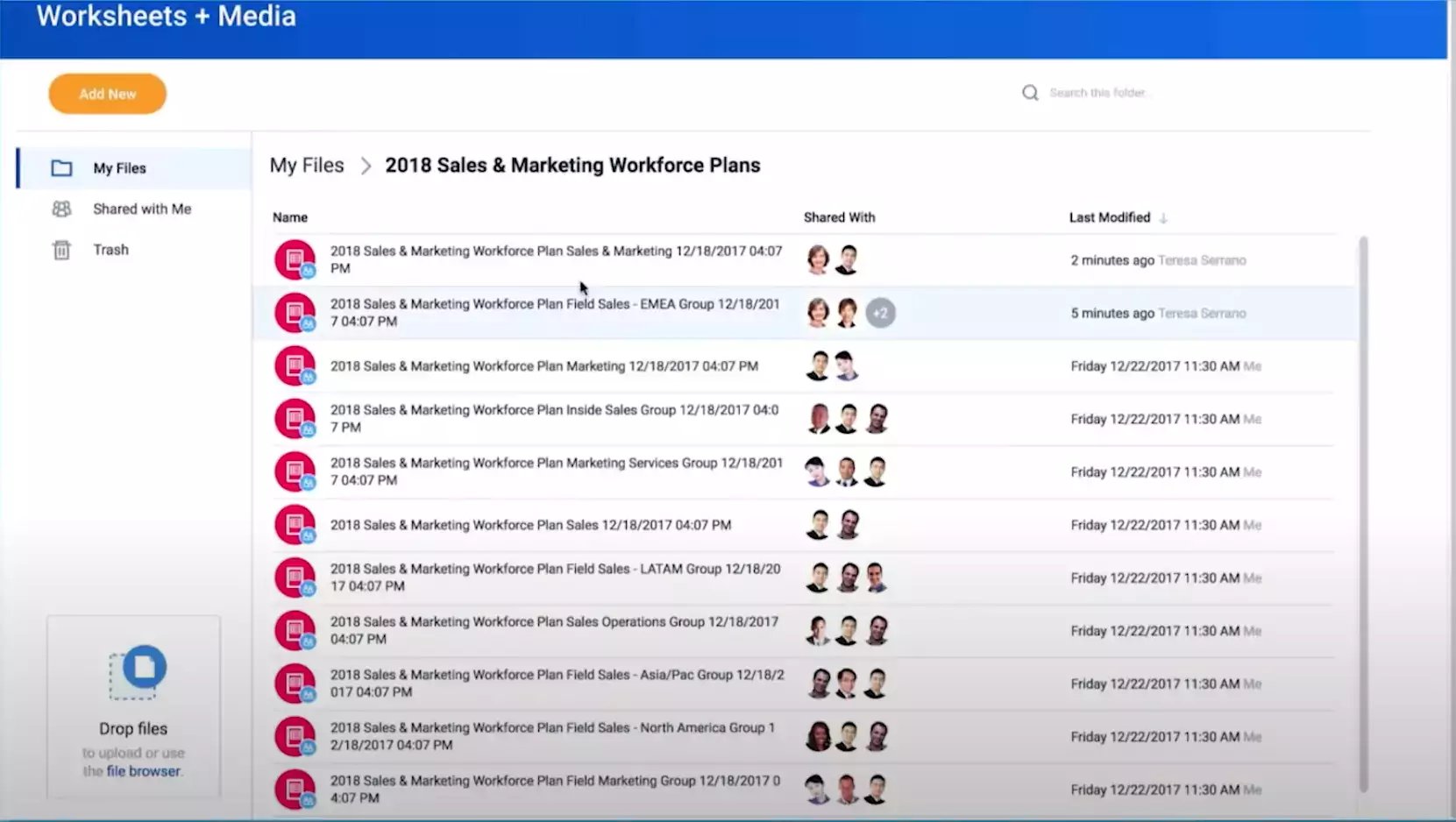
Workday is a cloud-based ERP system that provides businesses with a range of tools for human resources management, financial management, and supply chain management. Workday's project management module enables businesses to manage projects from start to finish, with tools for project planning, resource allocation, and project tracking. Workday's project management module also includes features for project billing and invoicing, allowing businesses to easily track project costs and bill clients accurately. In addition, Workday's project management module integrates with other parts of the Workday ERP system, such as financial management and human resources management, making it easier for businesses to manage all aspects of their operations in one place.
Read our full Workday Guide >>>
Microsoft Dynamics 365
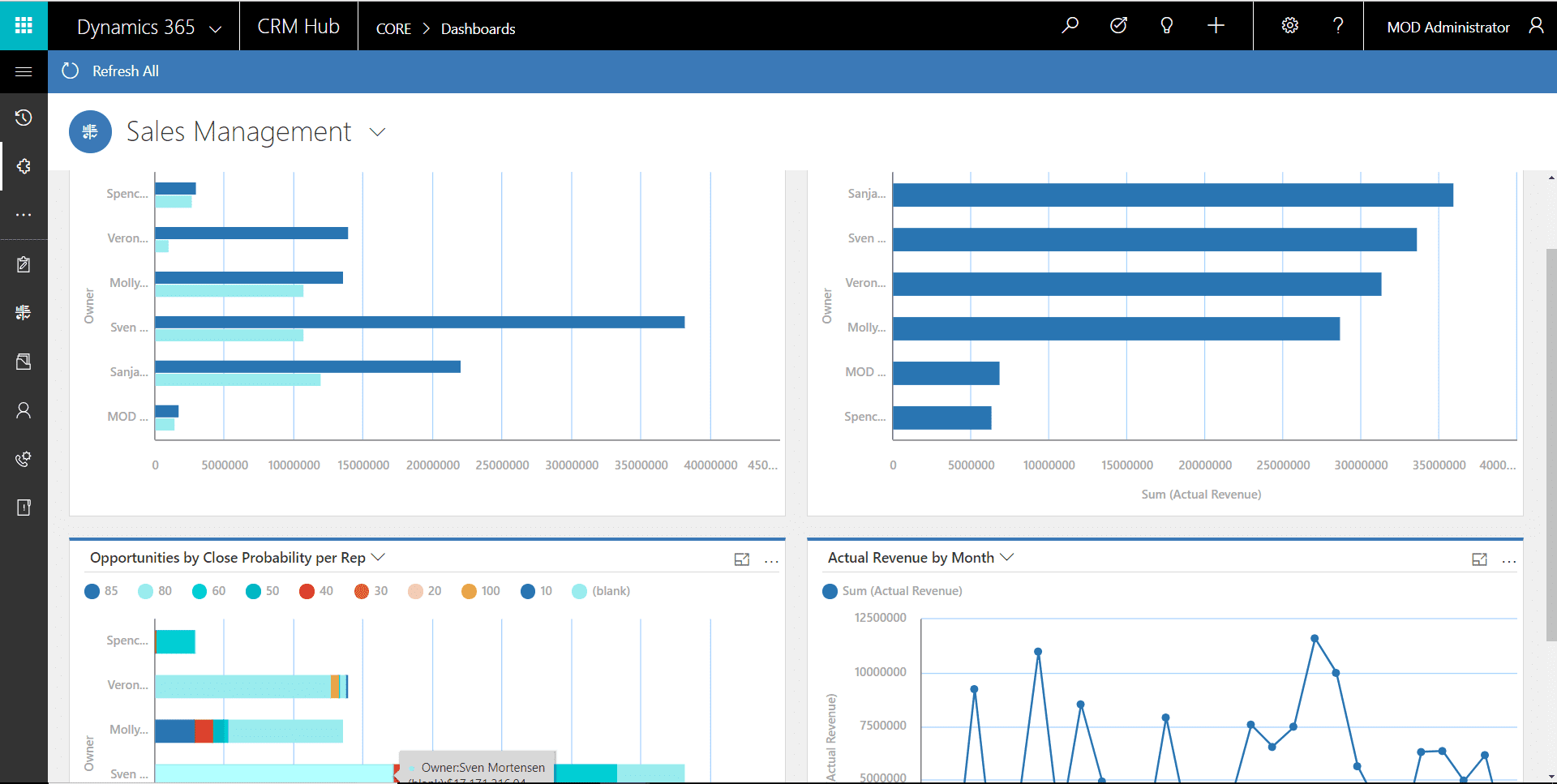
Microsoft Dynamics 365's project management module provides businesses with tools for project planning, resource management, and project tracking. It also includes features for project budgeting and costing, so businesses can easily monitor project costs and stay within budget. In addition, Microsoft Dynamics 365's project management module integrates with other parts of the Microsoft Dynamics 365 ERP system, such as financial management and supply chain management, making it easier for businesses to manage all aspects of their operations in one place.
Read our full MS Dynamics 365 Guide >>>
Oracle ERP Cloud
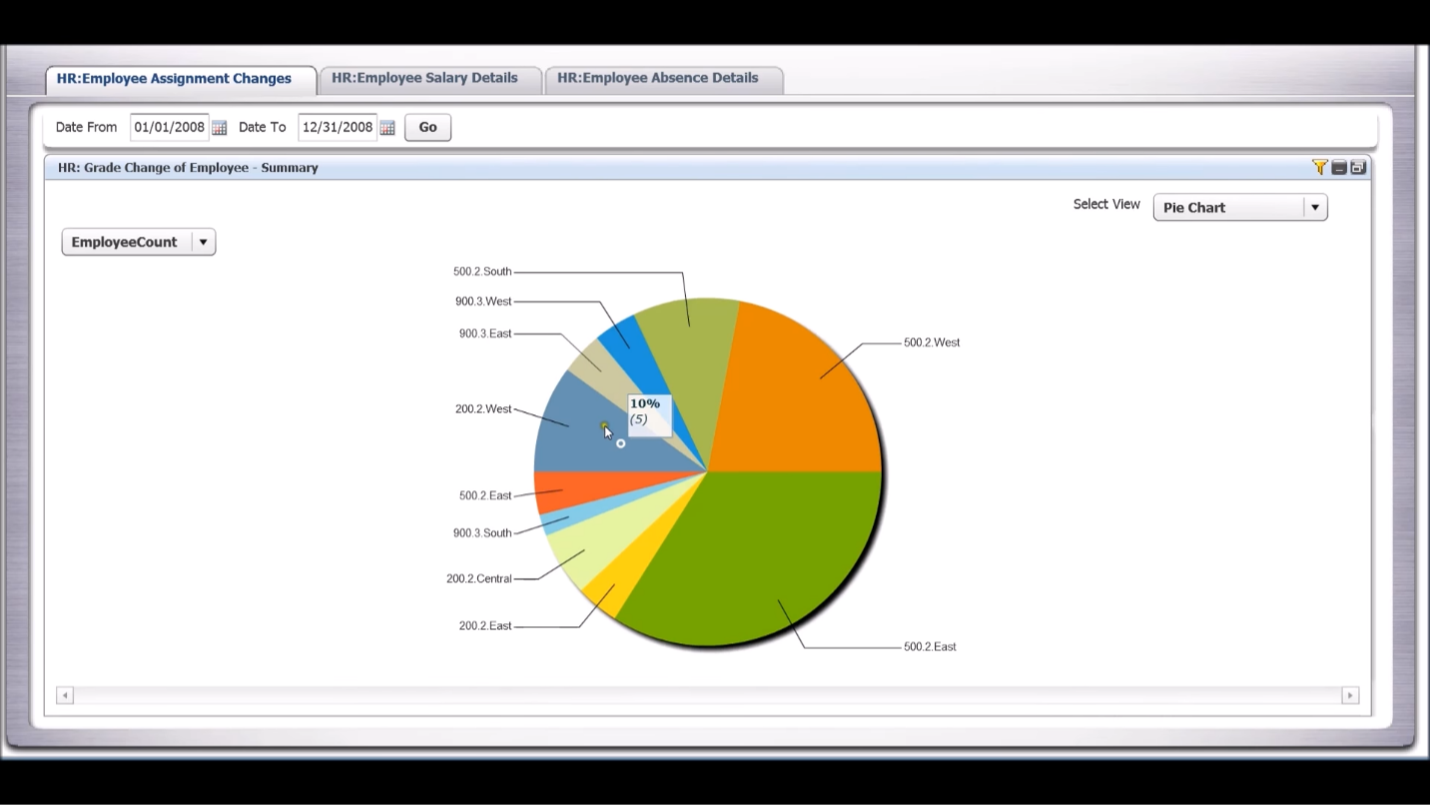
Oracle ERP Cloud's project management module provides businesses with tools for project planning, resource allocation, and project tracking. It also includes features for project billing and invoicing, so businesses can easily track project costs and bill clients accurately. In addition, Oracle ERP Cloud's project management module integrates with other parts of the Oracle ERP Cloud system, such as financial management and procurement management, making it easier for businesses to manage all aspects of their operations in one place.
Read our full Oracle ERP Cloud Guide >>>
Epicor
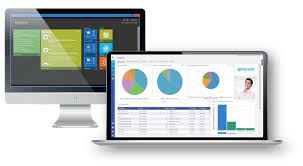
Epicor's project management module provides businesses with tools for project planning, resource allocation, and project tracking. It also includes features for project billing and invoicing, so businesses can easily track project costs and bill clients accurately. In addition, Epicor's project management module integrates with other parts of the Epicor ERP system, such as financial management and supply chain management, making it easier for businesses to manage all aspects of their operations in one place.
Read our full Epicor Guide >>>
IFS
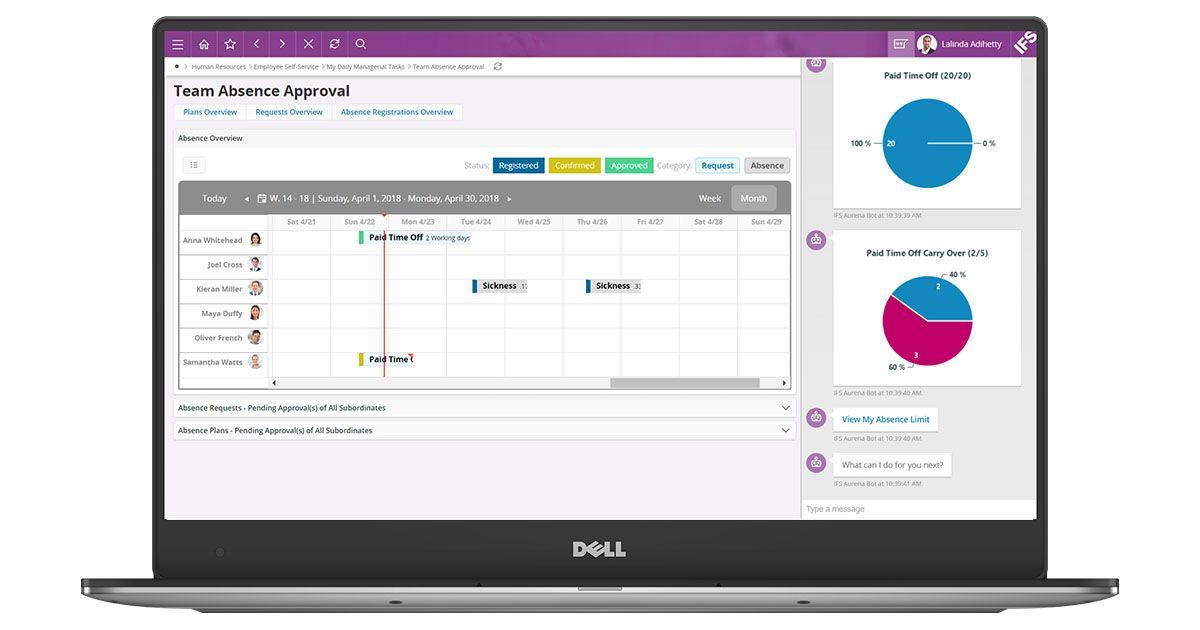
IFS's project management module provides businesses with tools for project planning, resource allocation, and project tracking. It also includes features for project billing and invoicing, so businesses can easily track project costs and bill clients accurately. In addition, IFS's project management module integrates with other parts of the IFS ERP system, such as financial management and supply chain management, making it easier for businesses to manage all aspects of their operations in one place.
Read our full IFS ERP Guide >>>
SAP S/4 HANA
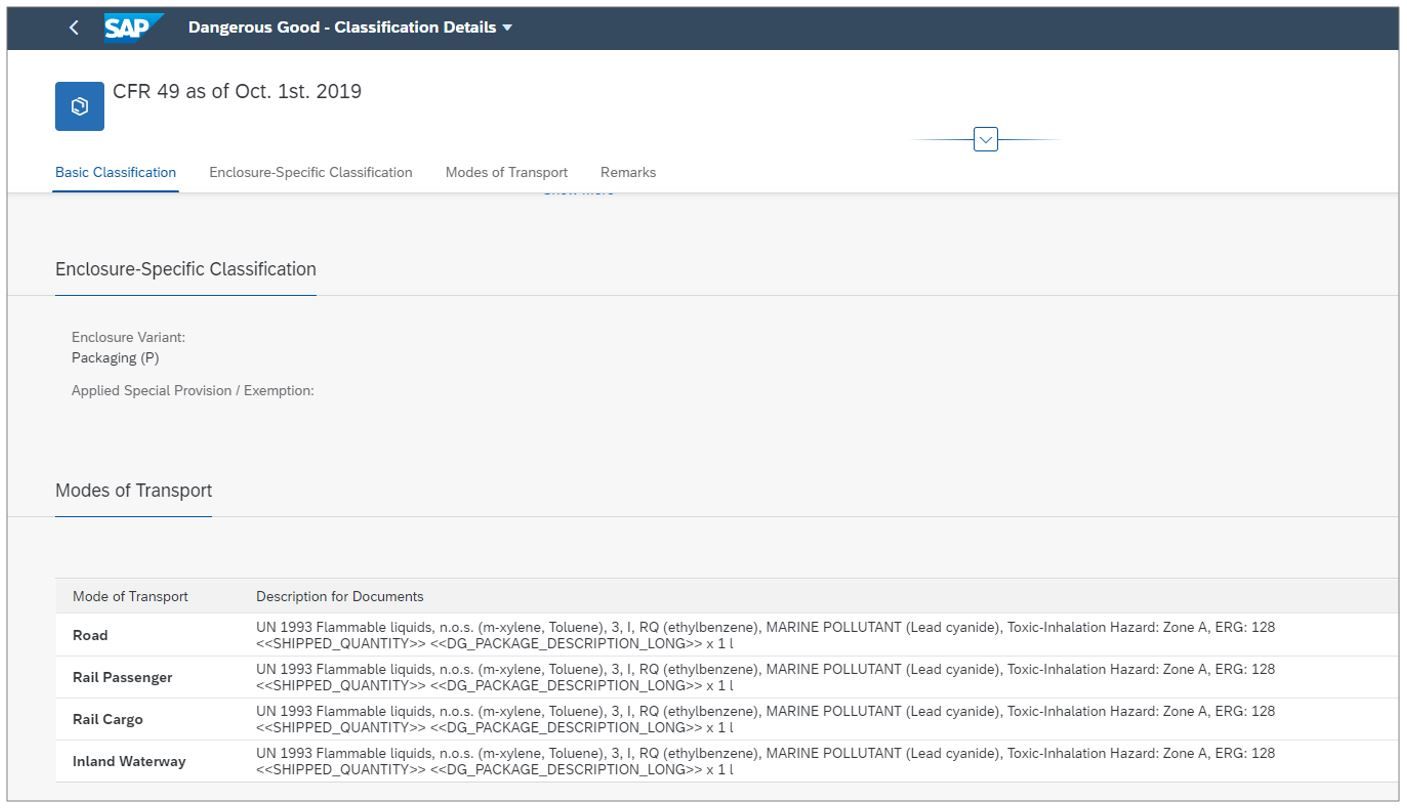
SAP S/4 HANA's project management module provides businesses with tools for project planning, resource allocation, and project tracking. It also includes features for project billing and invoicing, so businesses can easily track project costs and bill clients accurately. In addition, SAP S/4 HANA's project
Read our full SAP S/4 HANA Guide >>>
Features of Project ERP
Project ERP solutions typically include a range of features and tools designed to help businesses manage complex projects more efficiently. Some of the most common features of Project ERP include:
-
Project Management: Project management tools provide businesses with the ability to plan, budget, schedule, and track project activities. With Project ERP, project managers can monitor the status of projects in real-time, track project milestones and timelines, and make informed decisions based on accurate and up-to-date project data.
-
Resource Management: Resource management tools enable businesses to allocate and manage both human and non-human resources efficiently. With Project ERP, businesses can plan and schedule resources based on their availability, skills, and expertise, ensuring that resources are utilized optimally throughout the project lifecycle.
-
Financial Management: Financial management tools within Project ERP allow businesses to manage project-related billing, invoicing, and cost tracking. With these tools, businesses can ensure accurate financial reporting, track project expenses in real-time, and invoice clients more efficiently.
-
Collaboration: Collaboration tools enable team members, clients, and stakeholders to communicate and collaborate more effectively throughout the project lifecycle. With Project ERP, businesses can ensure that everyone involved in a project has access to the most up-to-date project data, helping to reduce miscommunication and delays and ensuring that the project is completed on time and within budget.
By integrating all of these features into a single system, Project ERP provides businesses with a comprehensive and integrated approach to project management. This helps to improve project tracking and monitoring, streamline project planning and execution, and enhance collaboration and communication among team members.
Advantages of Project ERP
By implementing a Project ERP system, businesses can gain several key advantages, including:
-
Real-time visibility into project data: Project ERP provides businesses with a single source of truth for all project-related data. This means that businesses can access accurate and up-to-date information about project status, resource utilization, and financials in real-time, allowing them to make more informed decisions and respond quickly to changing circumstances.
-
Improved project tracking and monitoring: Project ERP tools enable businesses to track and monitor projects more effectively, providing project managers with the ability to monitor progress, identify potential issues, and take corrective action before problems arise.
-
Enhanced collaboration and communication among team members: Project ERP systems provide a centralized platform for team members, clients, and stakeholders to collaborate and communicate more effectively throughout the project lifecycle. This can help to reduce miscommunication and delays, leading to improved project outcomes.
-
Streamlined project planning and execution: Project ERP tools provide businesses with a range of planning and execution tools that can help to streamline project workflows and increase efficiency. This includes tools for project scheduling, resource allocation, and financial management, all of which can help to improve project outcomes and reduce costs.
-
Better decision-making with access to accurate and up-to-date project data: Project ERP provides businesses with access to accurate and up-to-date project data, which can help them to make better-informed decisions throughout the project lifecycle. This includes decisions related to resource allocation, project timelines, and financial management, among others.
Factors to Consider When Selecting Project Based ERP
When choosing a Project ERP solution for your business, there are several factors to consider, including:
-
Integration with existing systems and applications: It's important to choose a Project ERP solution that can integrate with your existing systems and applications. This can help to ensure that data is synced across all platforms, reducing the risk of errors and inconsistencies.
-
Scalability to accommodate future growth: Choose a Project ERP solution that can accommodate future growth and expansion. This can help to ensure that the solution remains relevant and useful as your business evolves.
-
Customization options to meet unique business needs: Different businesses have different project management needs, so it's important to choose a Project ERP solution that can be customized to meet your unique requirements. This may include features like custom fields, workflows, and reporting.
-
User-friendliness and ease of adoption: Choose a Project ERP solution that is user-friendly and easy to adopt. This can help to ensure that team members are able to use the system effectively and maximize its benefits.
-
Vendor support and customer service: Finally, it's important to choose a Project ERP solution that comes with reliable vendor support and customer service. This can help to ensure that any issues or concerns are addressed quickly and efficiently, minimizing downtime and ensuring that the solution continues to deliver value over time.
How much does Project ERP cost?
The cost of implementing a project-based ERP system can vary depending on the size and complexity of the business and the specific features and requirements of the ERP system being implemented. Generally, implementing a project-based ERP system involves several costs, including the cost of software licensing, hardware and infrastructure, customization and configuration, data migration, training, and ongoing maintenance and support. Additionally, there may be other costs associated with implementation, such as consulting fees and third-party integration costs. The total cost of implementing a project-based ERP system can range from a few thousand dollars to several hundred thousand dollars, or even more for larger and more complex organizations. It's important for businesses to carefully evaluate the costs and benefits of implementing a project-based ERP system and to work with their vendor to develop a comprehensive implementation plan that meets their specific needs and budget.
How long does it take to implement Project ERP?
The time it takes to implement a project ERP system can vary depending on the size and complexity of the business and the specific features and requirements of the ERP system being implemented. Generally, implementing a project-based ERP system can take several months to a year or more. The implementation process typically involves several stages, including system design, software customization and configuration, data migration, and testing. During the implementation process, it's important for businesses to work closely with their vendor to ensure that the system is being implemented correctly and meets their specific needs and requirements. Additionally, businesses should allocate sufficient time and resources for staff training and support to ensure that the system is being used effectively and efficiently once it has been implemented.